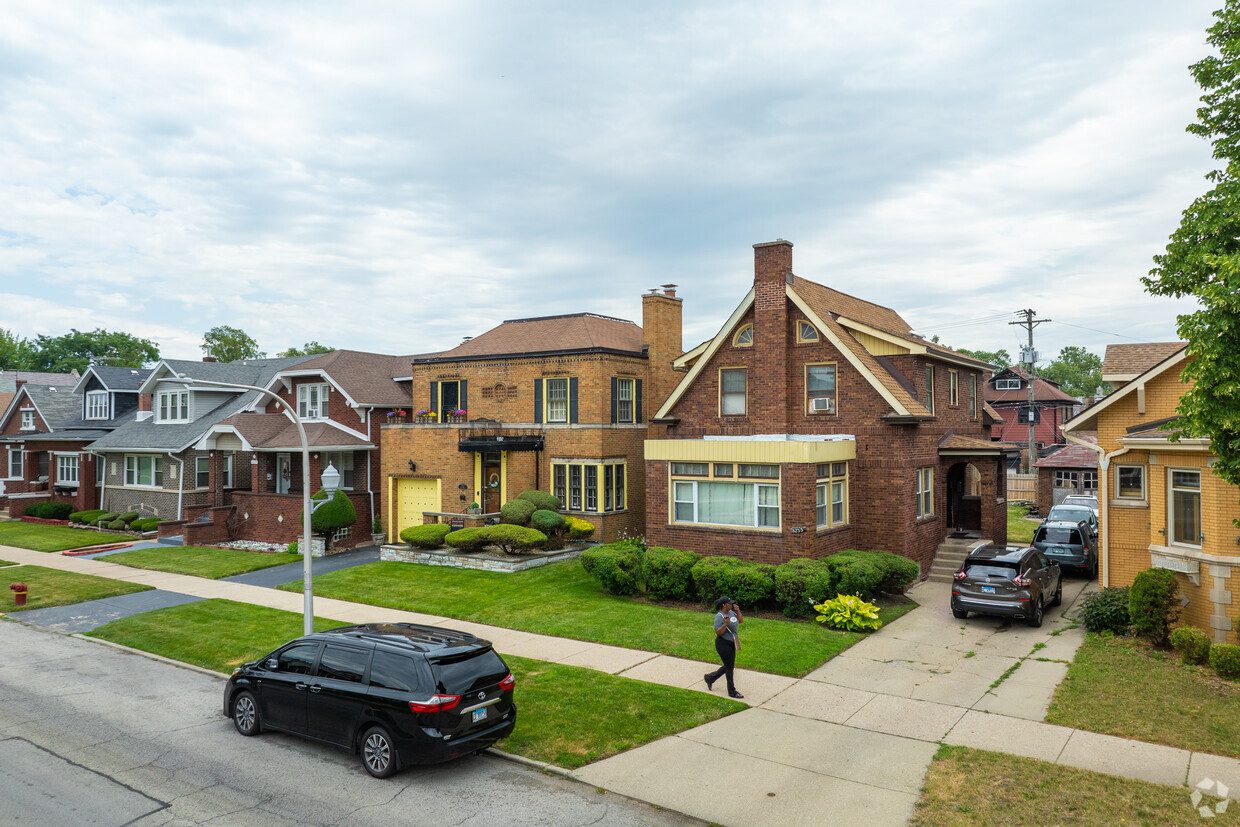When it rains in Chicago, it always floods the same neighborhood on the south side of the city.
To find out why, a team of national researchers is launching a special project. We spent a day with these researchers and community leaders they collaborate with to learn more about it.
During the last heavy rain in the city, the Chatham neighborhood was affected by severe flooding, with some houses' basements filled with several feet of water. The current project aims to understand why flooding occurs in areas like Chatham so that measures can be taken to address it.
The problem of flooding in Chatham has been documented over many years. You can see cars submerged under water and people wading through water up to their waist that floods their homes. It resembles footage often seen after a hurricane.
"By understanding what is happening, we can stop the floods that have destroyed our homes for many generations," - said Nedra Sims Fears, executive director of the Greater Chatham Initiative.
A lifelong resident of Chatham, Fears knows about floods firsthand.
"I'm from Chatham," - she said. "My childhood home experienced four major floods, two of which caused fires at power plants."
A team of scientists and researchers from the U.S. Department of Energy's Argonne National Laboratory has initiated a study dedicated to flooding. They are focusing on Chatham as the Chicago neighborhood most affected by the recent flood.
An federally funded program worth $25 million called Community Research on Climate and Urban Science, or CROCUS, is supporting this effort.
"Chatham usually floods earlier and more severely than other areas," - said Scott Collins from Argonne National Laboratory. "We are bringing the most advanced research radar to the region."
Scientists and supercomputers will work together to determine why floods are a problem in Chatham.
"If we really knew why Chatham is especially vulnerable to floods, we would already have answers," - Collins said. "We would have already given engineers the tools needed to improve the situation."
Research conducted at Argonne shows that extreme weather events are happening more frequently, increasing the risk of floods.
Recent hurricanes Helen and Milton have renewed concerns about the impact of storms on coastal areas. Scientists assert that the same components—warmer air that holds more water— which intensified Hurricane Helen, will also affect Chicago.
"Warm air holds more moisture," - Collins said. "And water is rocket fuel for thunderstorms."
Fears, a native of Chatham, understands this very well. She says that this project is very important for people who have crossed floodwaters in Chatham for generations.
"It causes psychological trauma. When I hear it's going to rain, I don’t think: ‘Oh, it will be nice to hear the drops,’" - Fears says. "I run home to check if there’s water in the basement."
Fears understands well that climate change is making the situation even more terrible.
"As weather phenomena intensify, we need to move forward to keep pace," - she says.
She adds that solutions cannot be one-size-fits-all when it comes to different Chicago communities.
"What works in Rogers Park is very different from what works in Chatham," - Fears said.
According to Collins, community partners provide institutional knowledge about how climate change affects their neighborhoods to make this project possible.
"We need to plan so much and do so much to raise awareness in the community," - he said. "We conduct detailed atmospheric and climate research where people live, play, and work. That’s why we are deeply integrated with these communities."
The main work of the Chatham project will begin this spring, when researchers will monitor seasonal rains and their impact on the area. The work will last from April 1 to May 15, 2025.



